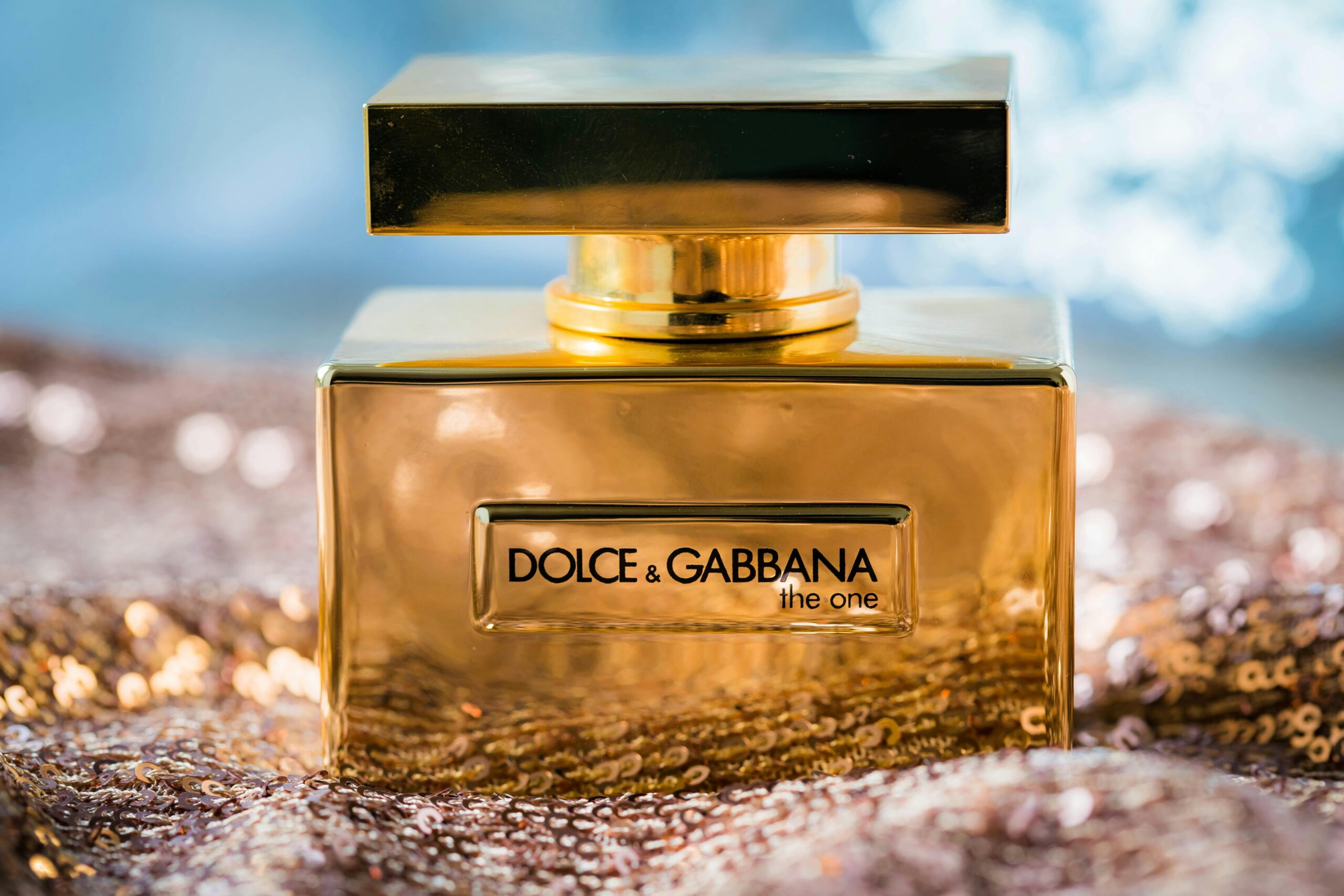What Does Anxiety Smell Like?
Anxiety is often described as a rollercoaster ride—filled with peaks of panic and valleys of uncertainty. But while we can articulate the feelings and sensations that come with anxiety, have you ever wondered about its scent? That’s right! Today, we’re diving into the intriguing, albeit slightly odd, question: What does anxiety smell like? Strap in, because this is going to be a fragrant journey into the olfactory world of our emotions.
The Science of Smell and Emotion
Before we get into the nitty-gritty of anxiety’s specific scent, let’s talk about how our sense of smell ties into our emotions. Our noses are remarkably sensitive and can detect a wide array of scents, many of which are linked to our emotional states. Ever walked into a bakery and instantly felt happier? That’s the power of smell! Conversely, certain scents can evoke feelings of unease or stress, making you feel as if you’re back in that tense situation you just can’t shake off.
So, what happens when anxiety strikes? As your body kicks into fight-or-flight mode, it produces various hormones, including adrenaline and cortisol. These hormones can influence our body chemistry, which in turn can affect our scent. Yes, the body’s natural response may create a unique aroma when we’re feeling anxious!
What Does Anxiety Smell Like?
While there’s no universal scent that encapsulates anxiety, there are some common elements that tend to emerge. Here are a few scents that many people associate with anxious moments:
- Metallic: Some individuals report a metallic scent, akin to the smell of blood or iron. This can be linked to heightened stress and the body’s physiological changes.
- Sweet and Sour: A combination of sweet and sour might waft through the air when anxiety peaks. This can be linked to our body’s reaction to stress and the release of certain hormones.
- Perspiration: Let’s not beat around the bush—anxiety can make you sweat! And sweat has a distinct, salty scent that can be quite pronounced in moments of panic.
- Earthy: Some might say that anxiety has an earthy smell, reminiscent of wet soil or damp leaves, perhaps reflecting a sense of grounding or being rooted in the moment.
The Personal Connection
It’s important to note that smell is incredibly subjective. What might smell like anxiety to one person could trigger a completely different memory or feeling in another. For instance, if someone had a particularly stressful experience in a gym, they might associate the scent of sweat and rubber mats with anxiety. Meanwhile, someone else might smell that same gym and feel empowered to crush their workout.
Let’s take a quick detour into a personal story. I once attended a yoga retreat where the instructor encouraged us to breathe deeply and connect with our bodies. As I inhaled, I caught a whiff of lavender—sweet, calming, and completely at odds with the anxiety that had been bubbling beneath the surface. It dawned on me then that while anxiety might produce a certain scent, calming scents can counteract it. Who knew our noses could be so complex?
The Role of Aromatherapy
If you find yourself struggling with anxiety’s scent (or just the anxiety itself), aromatherapy might be your new best friend. Certain essential oils, like lavender, chamomile, and bergamot, are known for their calming properties and can help mask that dreaded anxiety smell. Diffusing these oils can create a tranquil environment, making it easier to navigate those anxious moments.
Final Thoughts on the Scent of Anxiety
So, what does anxiety smell like? It’s a blend of personal experiences, biological responses, and the power of memory. Whether it’s metallic, earthy, or simply reminiscent of a sweaty gym, the scent of anxiety is as unique as the person experiencing it. The next time you find yourself feeling anxious, take a moment to notice the smells around you. You might just discover a new layer to your emotional experience!
And remember, while anxiety can have its unpleasant scents, there are always ways to combat it. Whether through aromatherapy, mindfulness practices, or simply taking a few deep breaths, you have the tools to change the narrative. So go ahead, embrace your senses, and find what works for you. After all, life is too short to be held back by a little anxiety (or its accompanying smell)!



